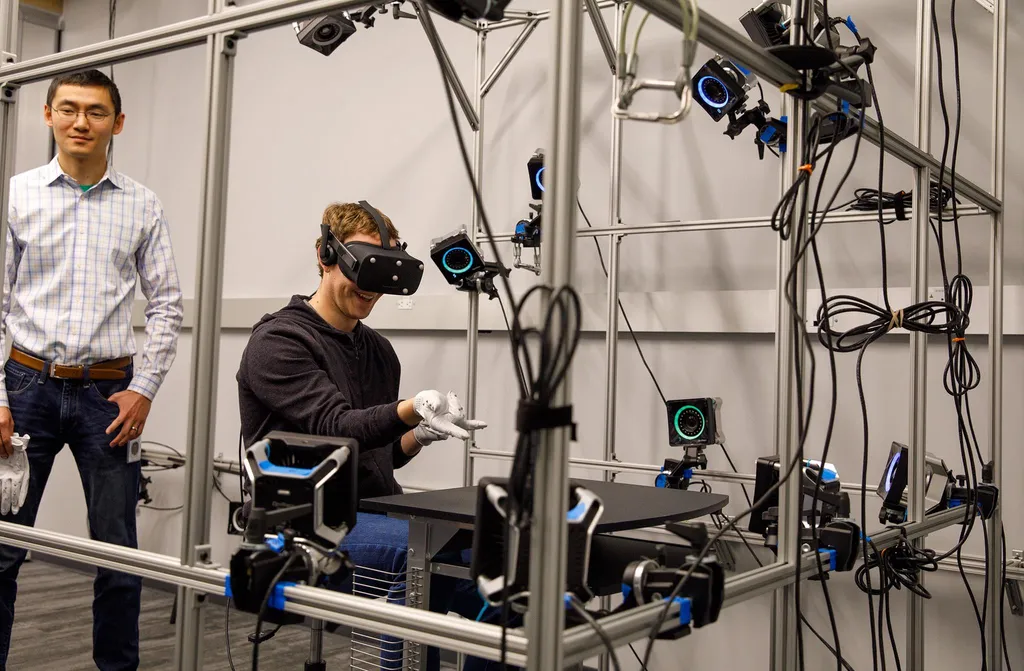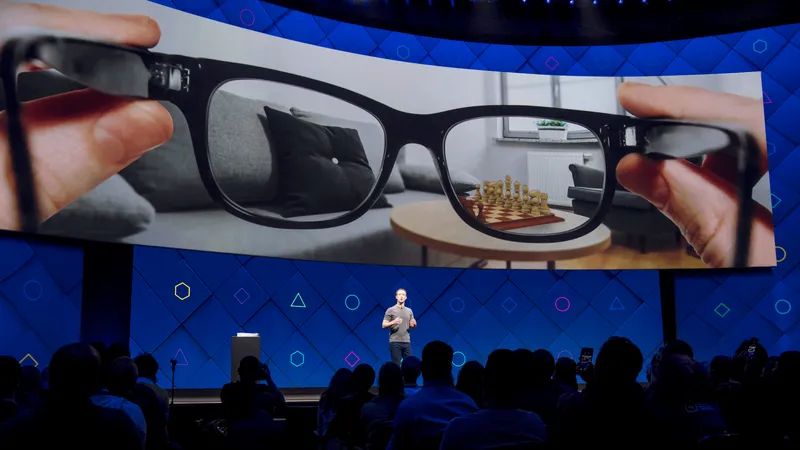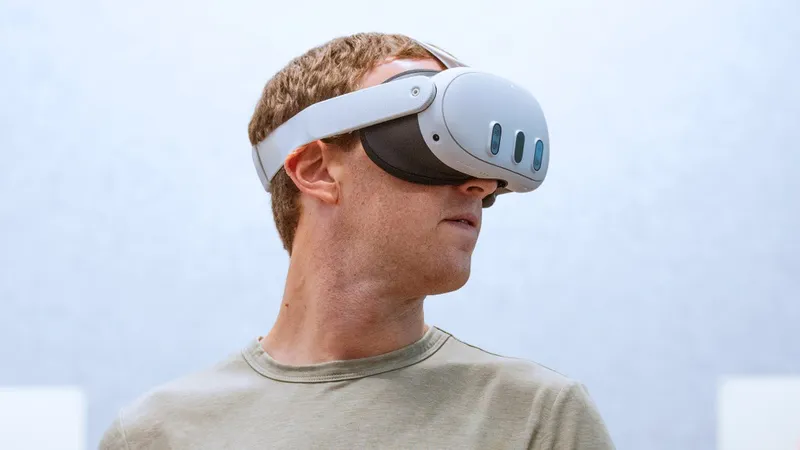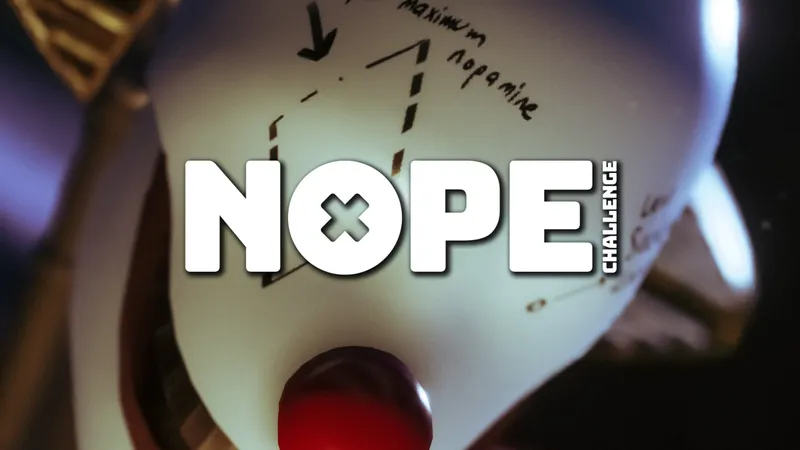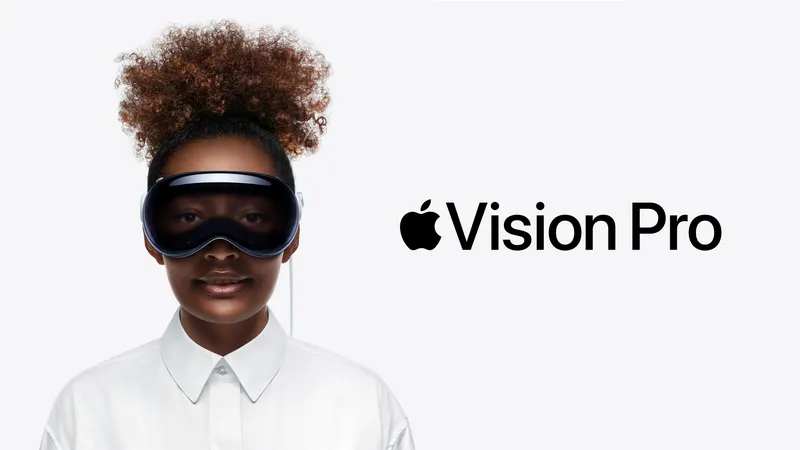A Facebook note from Oculus’ chief scientist revealed the research arm of Oculus is changing its name to Facebook Reality Lab.
Here’s the full note from Michael Abrash:
Oculus Research has a new name—starting today we will be known as Facebook Reality Labs (FRL). While our name is new, our focus on the future hasn’t changed.
At Oculus Connect in 2016, I made (https://www.youtube.com/watch?v=Mv_eIRv1Vk4) predictions about the future, “as far ahead as I can see into the fog of time.” As I said then, that’s about five years. In those predictions, I shared what needs to happen with panel resolution, pixel density, field of view, depth of focus, and more. We are just a year and a half along now, and I would say those predictions are holding up well. In fact, the truth is that I probably undershot, thanks to Facebook’s growing investment in FRL, which allows us to push the boundaries of what it takes to build great experiences further and faster. We are helping Oculus and all of Facebook create trailblazing AR and VR experiences, from what’s most affordable to leading edge.
I started working with personal computers in 1980, and while they were getting used in some places, they were considered novelties – no one realized just how much impact the personal computer would have in the long run. We can look back now and see that PCs and their descendants have changed productivity, gaming, the way we communicate, and how we connect – the first great wave of human computing, going strong for 45 years now, with no sign of stopping. Augmented and virtual reality will be the second great wave of human-oriented computing, revolutionizing the way billions of people work, play, and interact even more powerfully than the personal computer or the smartphone.
FRL brings together a world-class R&D team of researchers, developers, and engineers with the shared goal of developing AR and VR across the spectrum. We’re creating new possibilities across the full span of how people interact with these new technologies. There are a lot of hard problems in VR and AR, but they’re all solvable, and they are going to get solved. I can’t think of a better challenge to undertake, and that’s why I personally am doing this. It is pretty clear to me that when we look back in 20 or 30 years, AR and VR will be the technologies that made the future, and we’re creating the foundations for that today.
It is a notable change, though what it might mean structurally is unknown. In the last year or so Facebook shuttered Story Studio — its exploratory storytelling division — and parted ways with its founder Palmer Luckey while appointing a new head of VR and reorganizing the fast-growing teams building VR and AR technology. Amid all these changes Oculus has maintained a separate privacy policy for its services, and it remains optional to use your Facebook account with a Rift, Gear VR or Oculus Go. With changes like this, though, we wonder if that will always be the case.

